Boss blames procurement-process challenges and professional indemnity insurance issues as he and several staff join BDP
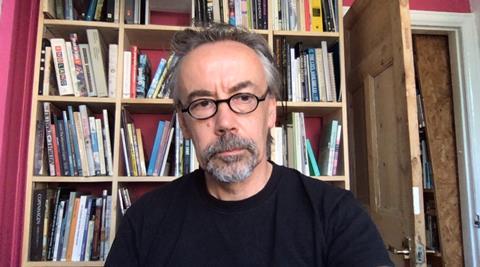
Manchester-based design and research consultancy URBED is set to cease trading next month after 47 years in business.
Principal David Rudlin – who is also a BD columnist – said the firm had struggled to overcome a range of procurement challenges in recent months and had concluded the best solution was to wind up in a controlled manner.
“We’re not going bust: we’re closing down in an orderly way,” he said. “It’s just become clear over the course of this year, in particular, that there isn’t a viable business model for small practices who are reliant on public-sector tenders.
“The business model has depended on a lot of fortune in winning tenders, and this year our fortune just ran out. We ended up coming a close second on a whole series of large tenders, any one of which would have been sufficient to keep us going. But when you lose all of them, you just think ‘this isn’t really working’.”
He added that URBED’s focus on masterplanning rather than also delivering detailed designs for those schemes was an additional problem. “We were basically doing masterplans and getting outline consent for people, but not doing the architecture,” he said. “But I think the business model relies upon that follow-on work.”
Rudlin said that although URBED had a headcount of 16 in recent months, it was not large enough for procurement channels such as the Homes England multidisciplinary framework.
He said that while the OJEU procurement route was bureaucratic, Brexit had not made procurement any less bureaucratic. “I think it’s become worse in recent years than it was,” he said.
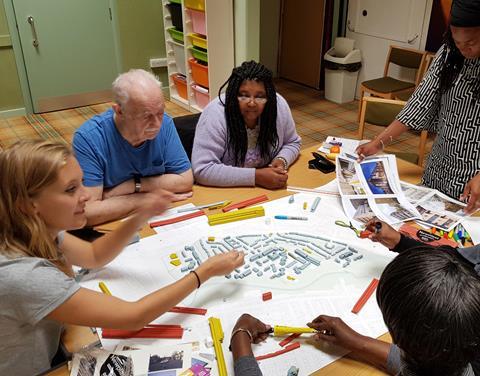
Rudlin added that the soaring cost of professional indemnity insurance was another factor.
“We carried £5m PI which cost us £25,000 or so,” he said. “But three times this year we’ve been asked for £10m with no justification. There’s been nothing in the project that is going to incur a £10m liability for your urban designer. It’s just someone saying ‘If £5m is good, £10m must be better’. It makes no financial sense for us to carry that level of cover.”
Rudlin and several urban-design team colleagues are joining BDP’s Manchester office. His new role is director responsible for urban design in the north, but he will also serve as the company’s global chair of the urban-design discipline.
Other colleagues are moving to URBED’s People Powered Retrofit non-profit spinoff.
The URBED Trust – run by Nicholas Falk, with whom Rudlin won the 2014 Wolfson Economics Prize – will continue, however.
Rudlin said some of URBED’s architects had already joined other practices. He acknowledged that jobs would be lost, but said a great deal of work had gone into minimising the impact.
“We’re closing down. It’s a bit of a tragedy,” he said. “URBED was founded in 1976. We’re the last of a generation of consultancies.
“The inner city was the thing in the 70s; it was industrial heritage in the 80s and in the 90s it was town centres for the first time around. URBED was central to all that stuff. The urban renaissance with Richard Rogers, we were very much part of that whole thing at about the turn of the millennium.
“And more recently garden cities and the Wolfson Prize. We’ve really managed to stay there, in the most relevant bit of whatever was happening at the time.”
He added: “The whole point of URBED was to try and understand economics alongside design. Our key selling point was our understanding of the processes that lie behind urban areas, rather than just the way they look.”
Rudlin said URBED was expected to stop trading at the end of January and would be formally wound up over the following months.
BDP principal and head of urbanism Francis Glare said Rudlin’s knowledge of city dynamics, social, economic, political and environmental drivers and urban-design aesthetics made him a “perfect fit” for the business.
“We look forward to developing and applying the sustainable and inclusive urban design principles that he helped to establish at URBED to the global opportunities of our expanding practice,” he said.


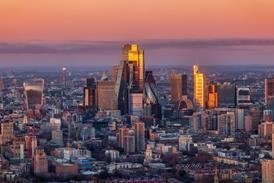

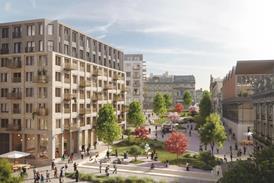
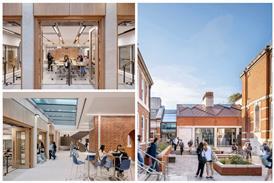










3 Readers' comments